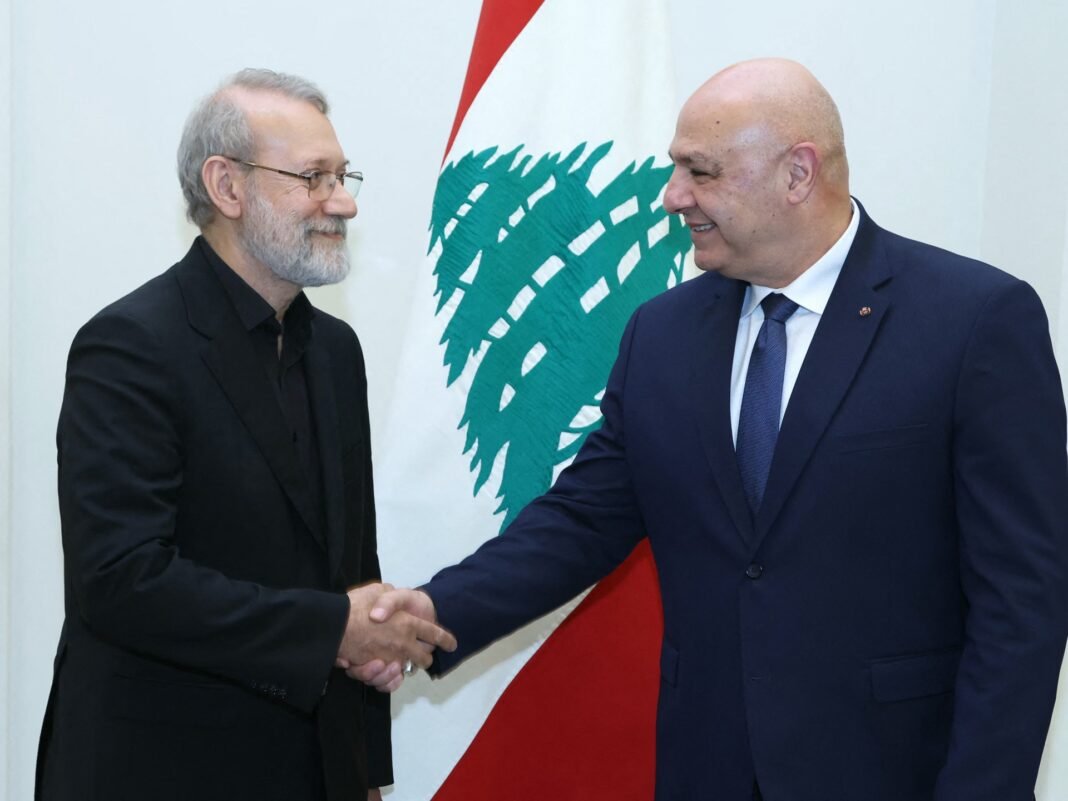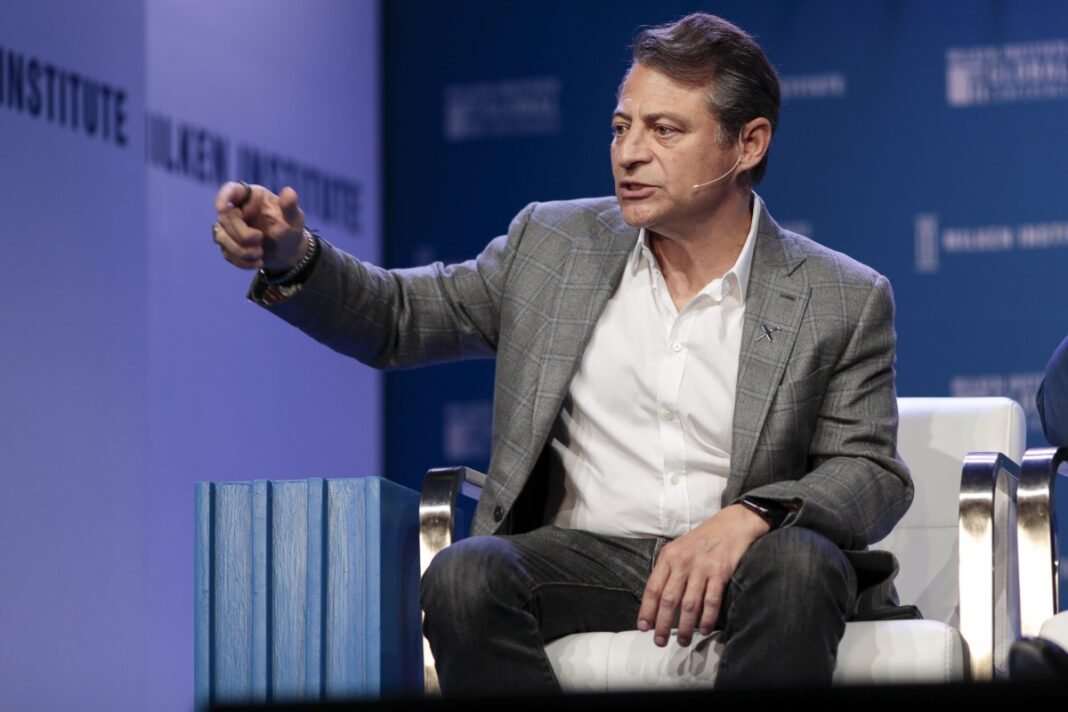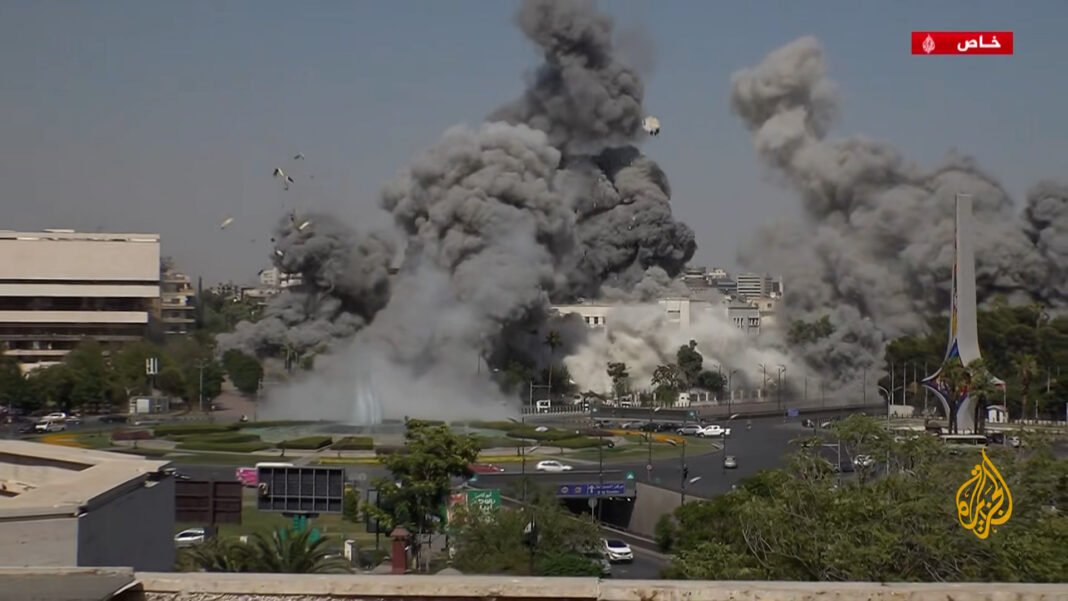Lebanon’s Position on Hezbollah Disarmament Amid Iranian Resistance
Firm Stance Against Foreign Interference in Lebanon’s Affairs
The Lebanese president has unequivocally communicated to a senior Iranian official that Lebanon rejects any external interference in its internal governance. He criticized Tehran’s comments on the Lebanese government’s plan to disarm Hezbollah, describing them as unconstructive and detrimental to national unity.
Background: Iran’s Visit and Lebanon’s Military Directive
The visit of Ali Larijani, head of Iran’s supreme National Security Council, to Beirut came shortly after Lebanon tasked its armed forces with formulating a strategy by the end of 2025 aimed at disarming Hezbollah. This move follows increased tensions after last year’s conflict with Israel, during which Hezbollah was reportedly better equipped than the Lebanese army itself.
Iran Expresses Firm Opposition to Disarmament Plans
Tehran has openly rejected Beirut’s initiative targeting Hezbollah’s disarmament. larijani stressed that foreign entities should not impose deadlines or conditions on Lebanon. He affirmed that decisions made jointly by the Lebanese government and resistance factions are respected by Iran.
“No one is permitted … to carry arms or exploit foreign support as leverage,” declared Lebanon’s president during talks with Larijani.
Larijani responded by emphasizing Iran does not directly dictate Lebanese policy and condemned attempts from abroad seeking to control Lebanon’s choices. He underscored a clear distinction for Lebanon between adversaries and allies: “Your enemy is Israel; your ally is the resistance.” Furthermore,he called for acknowledgment of Hezbollah as an emblematic force within Lebanon’s resistance movement.
A More Diplomatic Approach Emerges
This visit marked a softer tone compared to previous confrontational rhetoric. While earlier statements were sharply critical of Beirut’s disarmament decision, Larijani now emphasized cooperation over ultimatums-implicitly contrasting U.S.-led proposals demanding rapid disarmament within months aimed at easing Israeli-Lebanese tensions.
The Rise of State-Level Dialogue
The arrival was greeted enthusiastically by numerous supporters along Beirut airport roads chanting slogans welcoming Larijani. upon landing,he expressed solidarity: “If the people of Lebanon suffer,we in Iran share their pain and will stand firmly beside them under all circumstances.”
This diplomatic engagement included scheduled meetings between Larijani and key figures such as Prime Minister Nawaf Salam and Parliament Speaker Nabih Berri-an influential ally closely connected with Hezbollah thru his Amal Movement party.
Regional Dynamics Shaping Alliances and Conflicts
- Tensions Between Iran and Israel: The rivalry escalated into a 12-day conflict in June 2024 causing meaningful setbacks for Iranian-backed groups across several fronts.
- Diminished Strength of Hezbollah: Although hostilities ceased following a November 2024 ceasefire, Israeli strikes inside southern Lebanon persist despite international calls for restraint.
- Lebanese Government Supported By U.S.: The current management aims to assert state authority over armed factions like Hezbollah rather than relying on informal arrangements historically influenced by external powers such as Iran.
“The leadership now seeks formal state-to-state relations rather of past practices where Iranians engaged solely with militias like Hezbollah without involving official Lebanese institutions,” analysts note regarding regional shifts.
Tensions Raise Concerns Over National stability
The government’s decision has been met with vehement opposition from Hezbollah itself, which condemned it as a “serious transgression,” fueling fears about potential unrest amid an already delicate political environment. As part of what experts call Iran’s “axis of resistance”-a coalition including Hamas in Gaza and Yemen’s Houthis-Hezbollah remains pivotal both militarily and politically among groups opposing Israeli influence throughout the Middle East today.
Navigating Sovereignty Challenges Amid Complex Regional Pressures
Lebanon faces intense pressure from powerful neighbors while pursuing internal reforms designed to strengthen state sovereignty over all armed groups within its borders. With shifting geopolitical realities following recent conflicts-and increasing global scrutiny-the fate surrounding dismantling or integrating militias like Hezbollah into formal structures will critically influence regional peace prospects moving forward.





